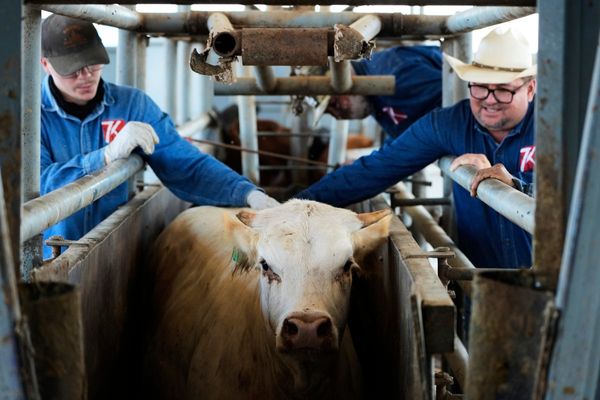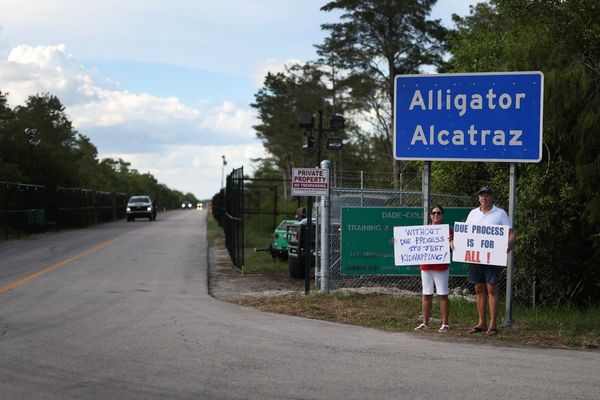
A Hong Kong court has overturned an election ban on pro-democracy activist Agnes Chow Ting, who was barred from a Legislative Council by-election last year because her political party had called for self-determination in the city.
The High Court also ruled on Monday that pro-democracy lawmaker Au Nok-hin, who ran in Chow’s place and won the seat on Hong Kong Island, was not duly elected, because of Chow’s wrongful disqualification.
Chow, of the localist party Demosisto, applied to run in the by-election of March 2018, after her colleague Nathan Law Kwun-chung was removed from his seat for taking his oath improperly.
Election official Anne Teng Yu-yan invalidated Chow’s candidacy, saying the doctrine of “democratic self-determination” promoted by Demosisto contravened the “one country, two systems” principle implemented under the Basic Law, the city’s mini-constitution.
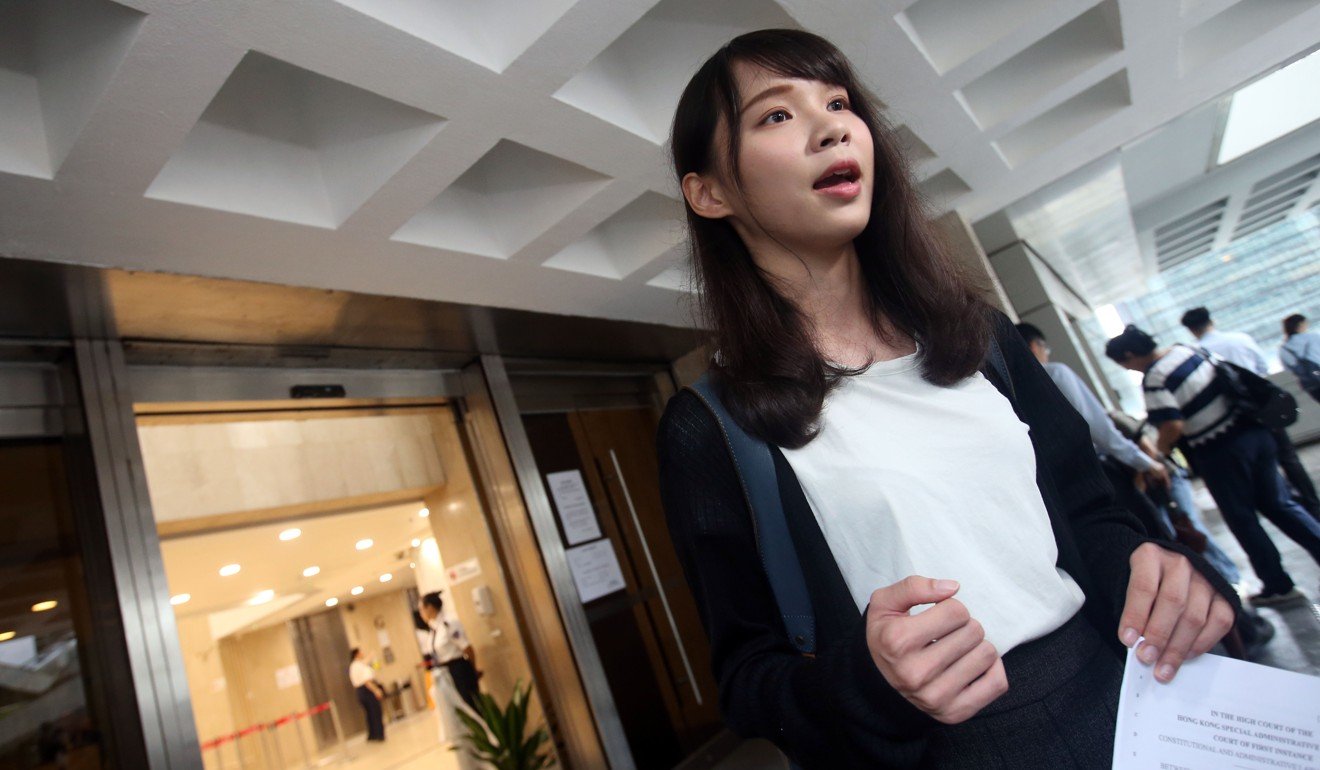
However, in a judgment handed down on Monday, Mr Justice Anderson Chow Ka-ming found that Teng failed to afford Chow an opportunity at the first instance to respond to such doubts, as Chow appeared to only support a “watered-down” version of the doctrine of self-determination.
“These matters ought to be considered by the returning officer after hearing Ms Chow’s representations and prior to making the decision, and not retrospectively after the event,” he ruled.
But the judge held firm that self-determination, a doctrine some likened to pro-independence, would not be compatible with the Basic Law, which states that Hong Kong is an integral part of China.
“Any person who advocates for the independence of Hong Kong, or for a process of ‘self-determination’ by Hong Kong people, in the ordinary sense in which that expression is used, whether before or after June 30, 2047, cannot genuinely and truthfully intend to uphold the Basic Law and pledge allegiance to the [Hong Kong Special Administrative Region],” he wrote.
He said it was because Hong Kong law did not provide for a “referendum”, a step self-determination advocates argued should be held at some stage to determine the future of the city, including breaking away from China.
But the version Chow advocates involves a referendum that is not legally binding.
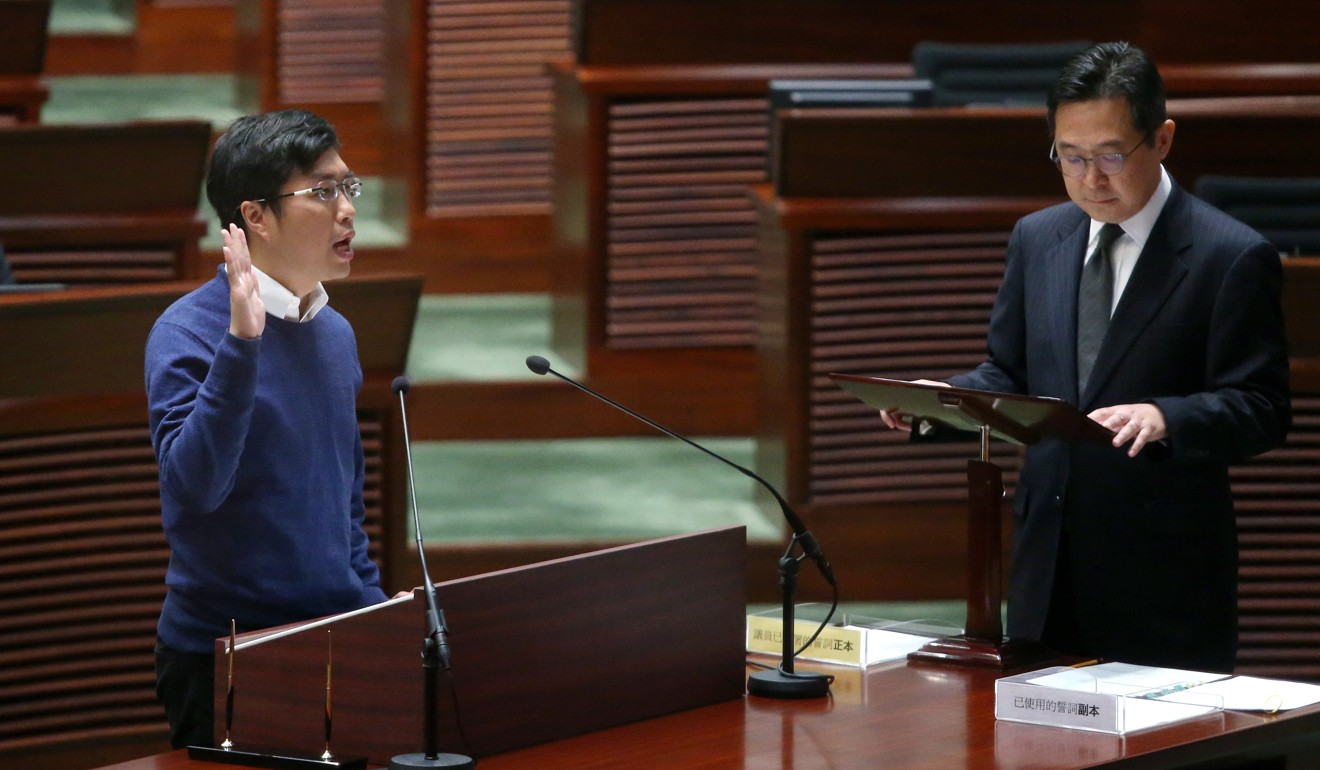
Yet the judge said: “Had the returning officer afforded Ms Chow an opportunity to put forward her case … it might well be the case that the returning officer would still have rejected it.
“However, that is a matter for the returning officer to decide.”
Invalidating Chow’s candidacy in January last year, Teng ruled that her affiliation with Demosisto showed she also subscribed to the doctrine of “democratic self-determination”. Chow then filed the election petition.
Speaking outside the High Court, Chow described the judgment, which found in her favour, as a “devastating victory” because the court reaffirmed the power of election officials to bar candidates based on their political views.
“I won the election petition this time only because of the procedural [in]justice … Even if I were to run in an election again, the returning officer may still disqualify me after making an inquiry [about my stance],” Chow said.
She also stated she would not give up on the self-determination doctrine, and it would be too early at this stage to discuss her chances of being able to run in a future election.
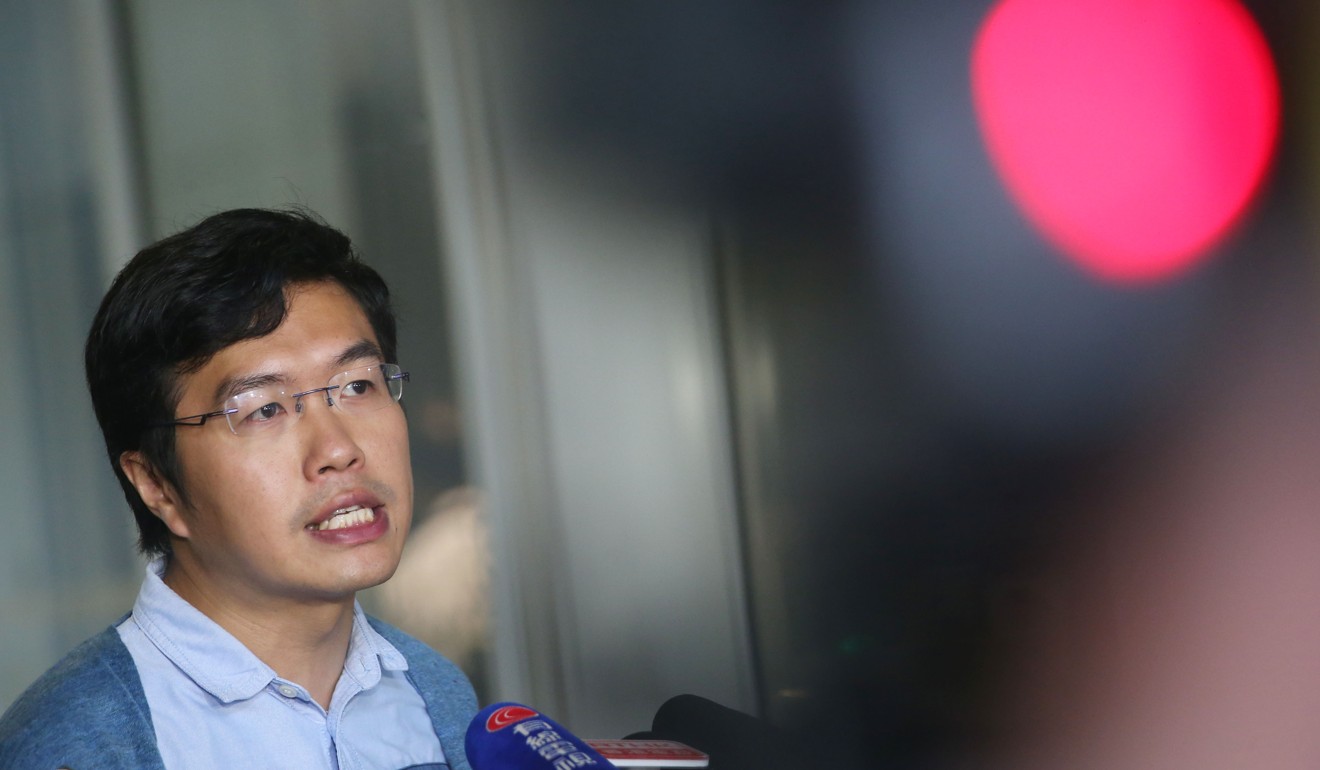
Meanwhile, an emotional Au told the press he had “no regrets at all” knowing the ruling was “a slap in the face” to the authorities.
“A successful appeal [against the returning officer’s decision] means a sacrifice on my part … It was the requirement of justice that we did not have a choice [on taking the case to court],” Au said.
“It was my pleasure and also my glory to fulfil the destiny of my life.”
He said pro-establishment lawmaker Chan Hoi-yan, who was elected in last November’s Kowloon West by-election after pro-democracy rival Lau Siu-lai was barred from running, might see herself ousted as well. Lau – who said she was not given a chance to defend herself – also launched a bid to invalidate the by-election.
Simon Young Ngai-man, a law professor at the University of Hong Kong, said that since Au would be unseated immediately after the ruling, Chow might consider applying to suspend its implementation to keep him in office.
“This would be an unusual application, but I believe the court has jurisdiction to consider such a request,” Young said. “It would be interesting to see if the government would oppose such an application.”
A spokesman for the Constitutional and Mainland Affairs Bureau – which oversees the city’s electoral office – said the government would study the judgment and seek legal advice, before determining follow-up action on election officials failing to allow candidates to explain their political stance.
The government would also arrange a by-election according to the requirements of the law.
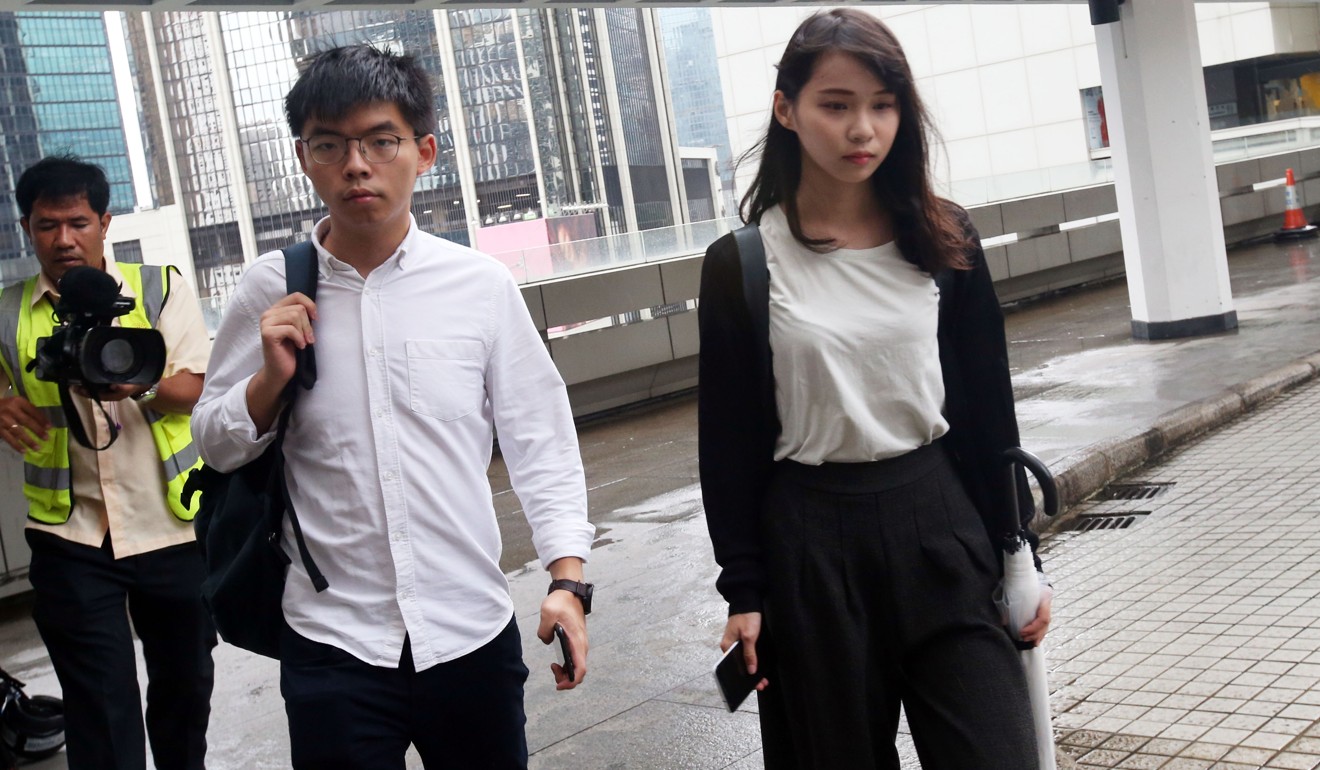
The Legislative Council Ordinance states that the effect of the court’s ruling on an election petition is suspended until the deadline for launching an appeal at the Court of Final Appeal expires. The spokesman said the deadline for an appeal was September 20.
The High Court made a landmark ruling last year to uphold a ban on pro-independence campaigner Andy Chan Ho-tin from running in the 2016 Legco election.
The court determined that election officials could ban candidates if they found “cogent, clear and compelling” evidence they would not uphold the Basic Law, and the candidate failed to clear such concerns after being offered a reasonable opportunity to respond.
Wong, Chow and Chan were among the prominent activists and pro-democracy lawmakers arrested on Friday over their alleged criminal involvement in various protests since June, sparked by the now-shelved extradition bill.
The Demosisto pair were granted bail after being charged in relation to an unlawful assembly outside Wan Chai police headquarters on June 21.
Additional reporting by Jeffie Lam and Chris Lau
